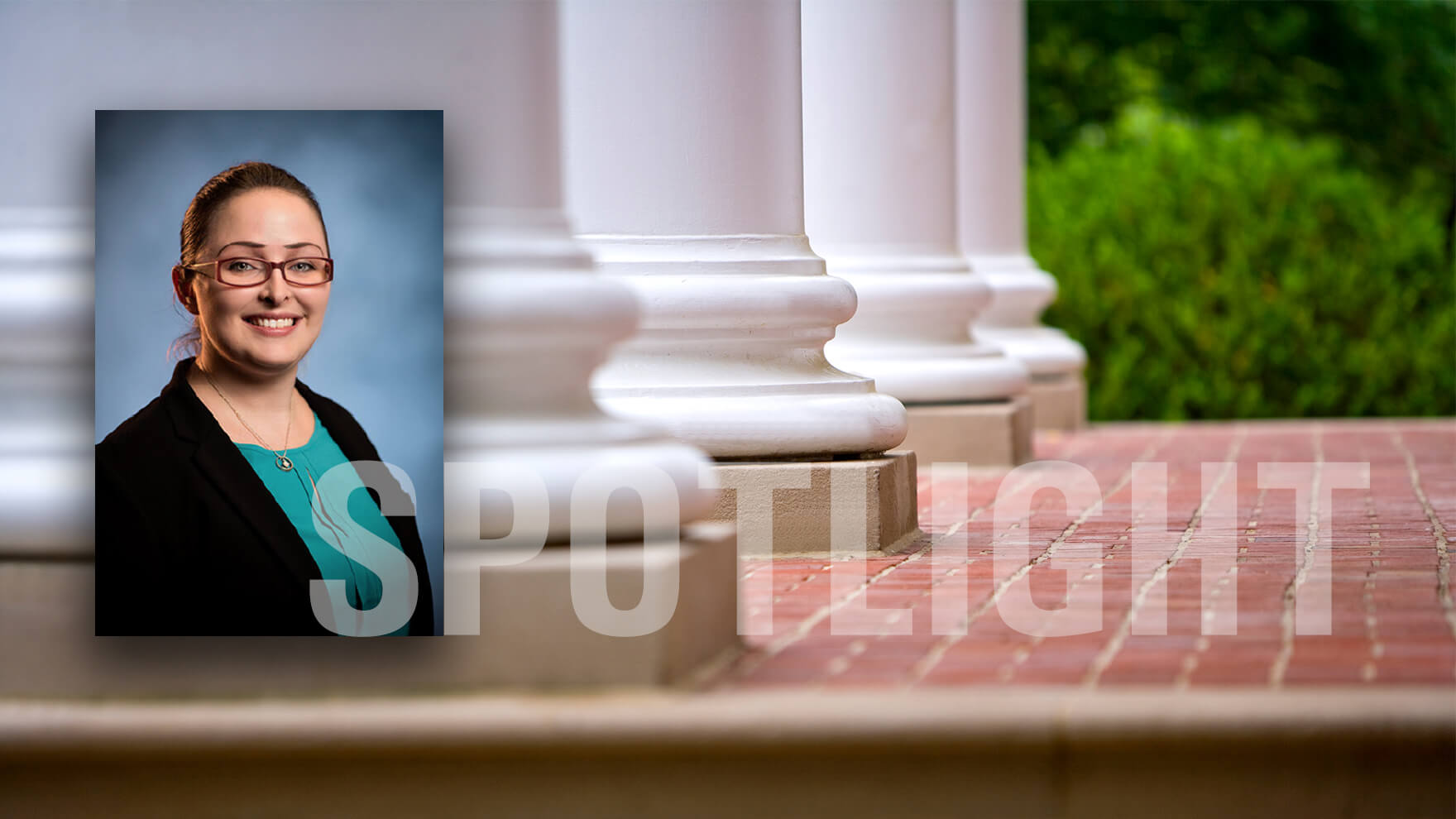Joannie Tremblay-Boire is an assistant professor in the School of Public Policy, affiliated with the Do Good Institute.
Her research centers on nonprofits and non-governmental organizations (NGOs), studying their accountability, internal structure and legal environment. Her dissertation focused on why American foundations make grants to certain charities and not others. Using a mixed-method approach, she argued that while foundations try to address issues facing underprivileged populations worldwide, other factors also matter when they make grant decisions, including government interests, media attention, a foundation’s organizational structure and previously existing ties with charities. Currently, Tremblay-Boire is expanding her work on grantmaking foundations, examining the population ecology of foundations. Other topics of interest include charitable donor behavior, nonprofit/NGO regulation and self-regulatory initiatives, as well as power dynamics between nonprofits/NGOs and their institutional funders.
Tremblay-Boire’s work has appeared in Public Administration Review,European Political Science Review, Nonprofit and Voluntary Sector Quarterly, and Voluntas. She received the William E. Mosher and Frederick C. Mosher Award for the best article written by an academic in Public Administration Review in 2016 with co-authors Aseem Prakash and Mary Kay Gugerty.
Prior to joining the University of Maryland, she was an assistant professor of public management and policy in the Andrew Young School of Policy Studies at Georgia State University. She graduated with a PhD from the department of political science at the University of Washington in Seattle, WA (where she was a Social Science and Humanities Research Council of Canada (SSHRC) doctoral fellow). She received an MA in public policy and public administration and a BA in political science from Concordia University in Montreal.
- Philanthropy; nonprofit accountability; non-governmental organizations (NGOs)
Examination of societal responses to public problems, including actions by government, non-profit and private sector actors, as well as civil society. Students will examine the roles of these various actors, as well as the nature of civic responsibility. The course will examine the various stages of the policy process, asking the following questions: How does something get defined as a problem that requires a public policy response? How do we think about what the options are for this response, and how do we choose among them? What are the factors that contribute to successful policy implementation? How do we evaluate the success of public policies? These questions will be addressed using examples of current public policy problems, and students will be expected to engage in individual and collaborative work to design responses to those problems. Restricted to students in a major in PLCY.
Schedule of Classes
Introduces students to the concept of social innovation while exploring the many mechanisms for achieving social impact. It is team-based, highly interactive and dynamic, and provides an opportunity for students to generate solutions to a wide range of problems facing many communities today. Deepens the students understanding of entrepreneurship and innovation practices by guiding them through the creation and implementation process as applied to a project idea of their choice.
Schedule of Classes
School Authors: Joannie Tremblay-Boire
School Authors: Joannie Tremblay-Boire
Other Authors: Aseem Prakash


